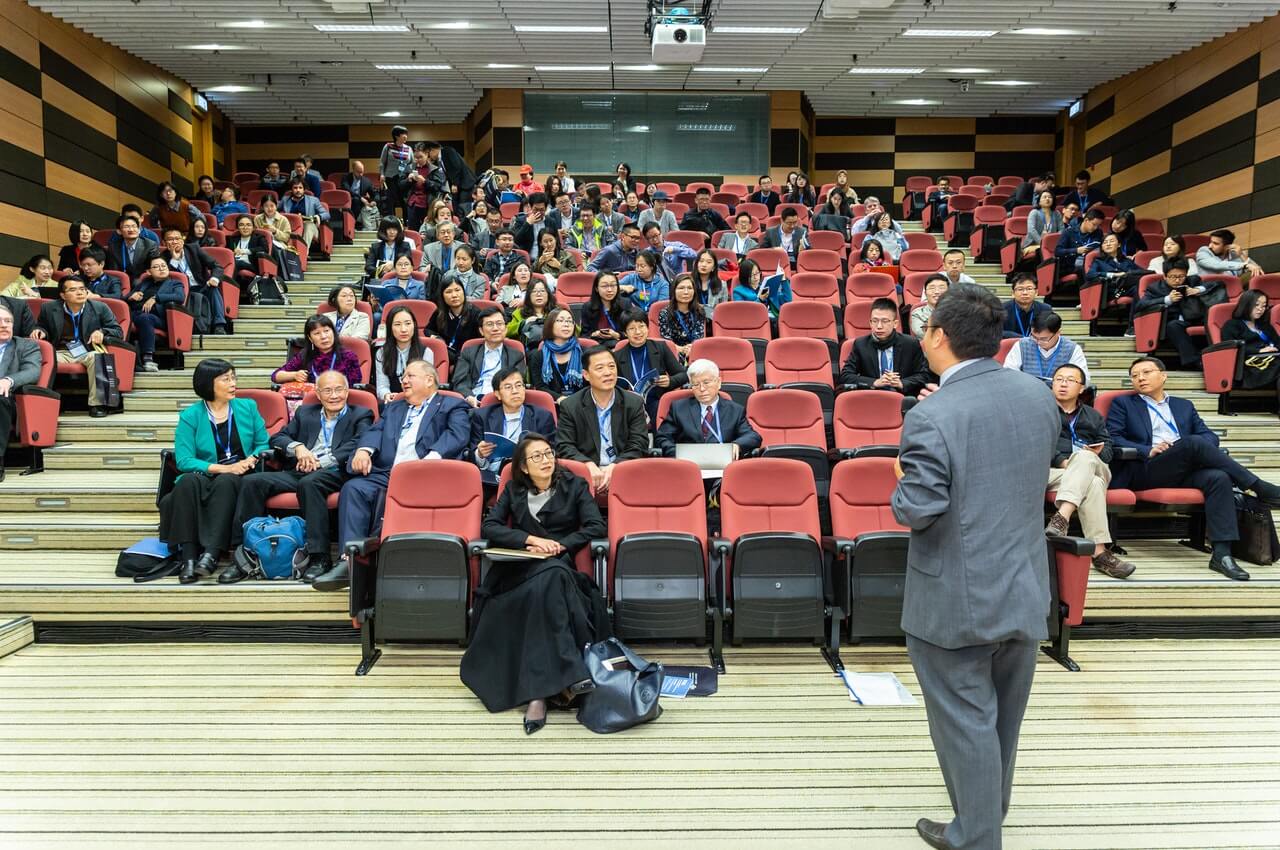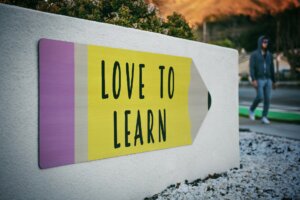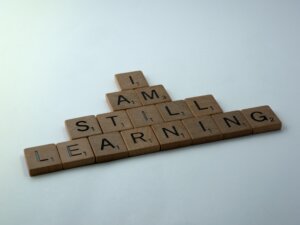The Ongoing Debate Between Subject Matter Experts and Communicators
To most who have read other blogs by me, you will think you know my answer to this question. You might be surprised. In my usual style, I will try to delineate why I believe as I do and why others disagree. As always I take the middle to begin with to say there are times for both to be effective in balancing talking and listening their own way. Now that I have said that, the debate can begin.
What I am really talking about is interest, focus, and passion.
We talk about different ways people learn, process information, and deliver that information. If those things matter, what does a subject matter expert (SME) offer that a communicator does not? A little bit of a no-brainer. Knowledge, of course. Specific knowledge. The communicator: general knowledge. What does the audience need? Specific knowledge? How specific? Is he or she doing research at the seminar?
Is it best to get the highlights and get back to the SME to clarify and add information not available or not have enough time to deliver in the seminar? So maybe the seminar or training session is not the place to gather as much detailed information as the SME has available or wants to give at one time, but the fact he was there made you come.
What if he were there to answer your technical questions instead of speaking and making a presentation? We can leave the less technical details of introducing the topic and putting it in perspective for its audience to someone who specializes in doing that, a subject matter expert in communicating with an audience.
Communicators can boil a complicated subject to a level understood by many members of the audience. We all don’t have the same level of understanding or interests. I have spoken to high-level audiences, even Presidential and Vice-Presidential candidates, a Chinese delegation of political leaders, and civic and industry leaders from around the country. In most cases, we should say these are not dummies, but I spoke on Air Force Military Logistics and the Industrial Military Complex, which I can assure you I am no expert; there were plenty of SMEs in the room to answer questions, but you need only one. And, as a communications expert (a public affairs officer, in this case), I was less likely to blurt out information of a classified or sensitive nature that I shouldn’t have.
Sometimes the overview is what matters, giving the audience time to think about what is said before applying it to their particular interest. I also spoke on the operations of the North American Aerospace Command complex inside Cheyenne Mountain and Air Force Space Division missions and projects. Now, again, I am no expert, but I was able to know enough to be credible and to encourage the use of SMEs for a more in-depth view, most often the high-ranking man or women running the show on the inside. How’s that for credibility?
Most speaking opportunities or even training sessions are not intended to be the end-all—all the information you’d ever want to be relayed. What I recommend is a look at what the audience needs and what they are likely to get at that moment. If you want your audience to be pumped up about learning new information on a topic it’s better to get a person who is passionate in a way lay people can understand. SMEs are passionate about their subjects, too, but may lack the ability to “dumb” it down enough for an audience. Communicators lack specific knowledge, but good ones can lay it out for an audience and make them want more.
Now I welcome your thoughts and comments as always. Meanwhile, if you need a communicator, or an SME in communication (and training), give me a call.
—
For more resources about training, see the Training library.
 Sections of this topic
Sections of this topic















